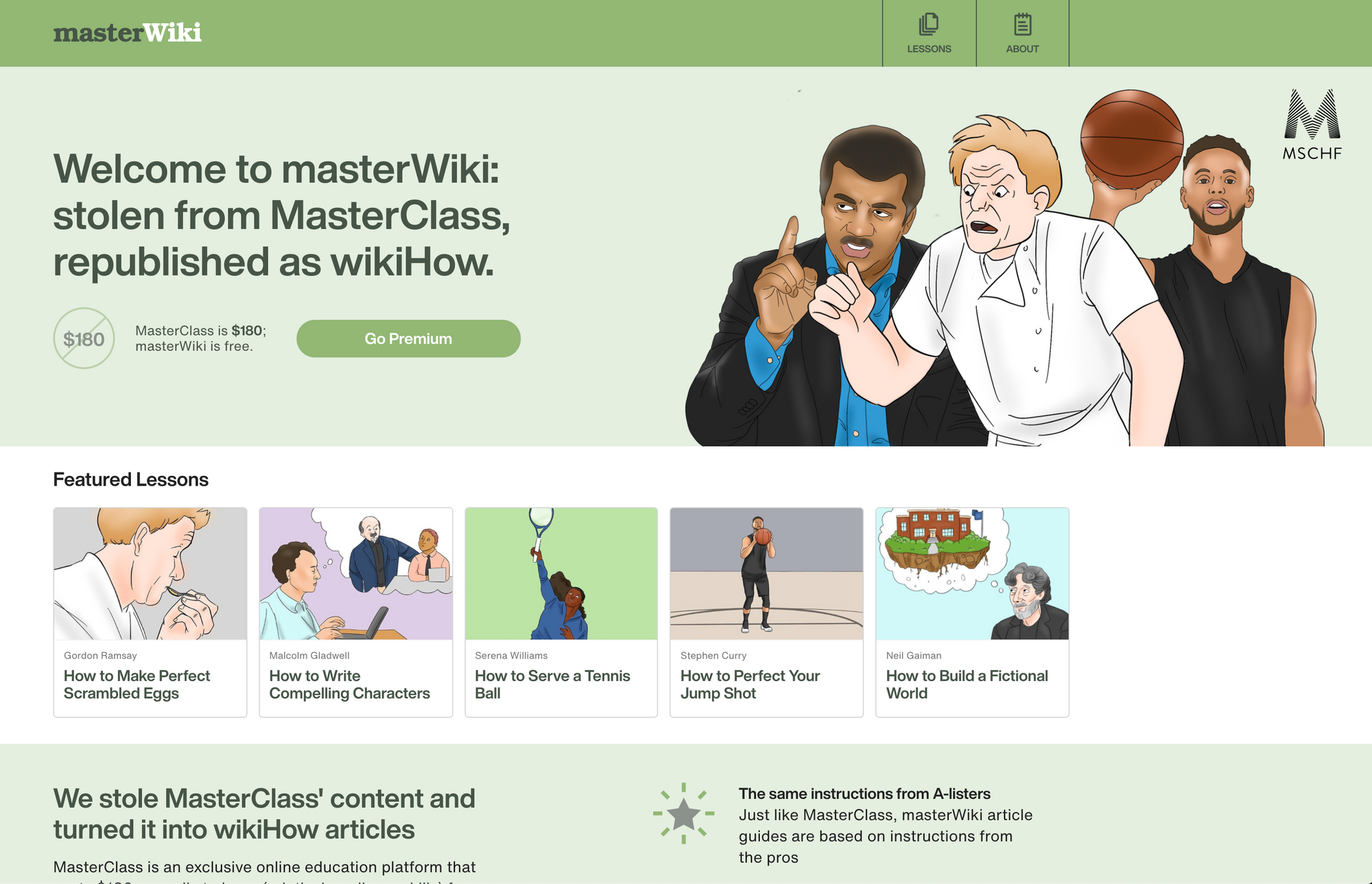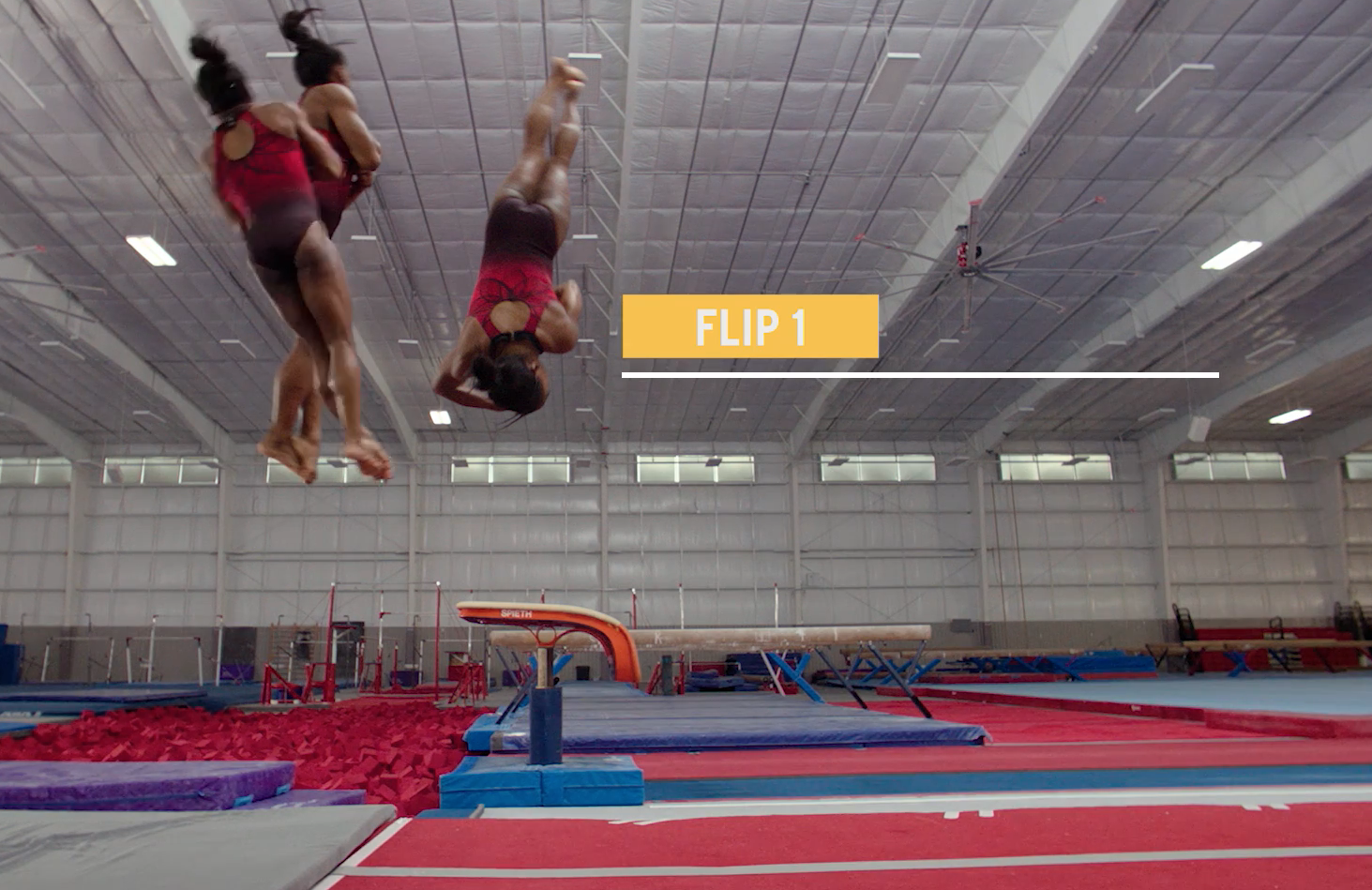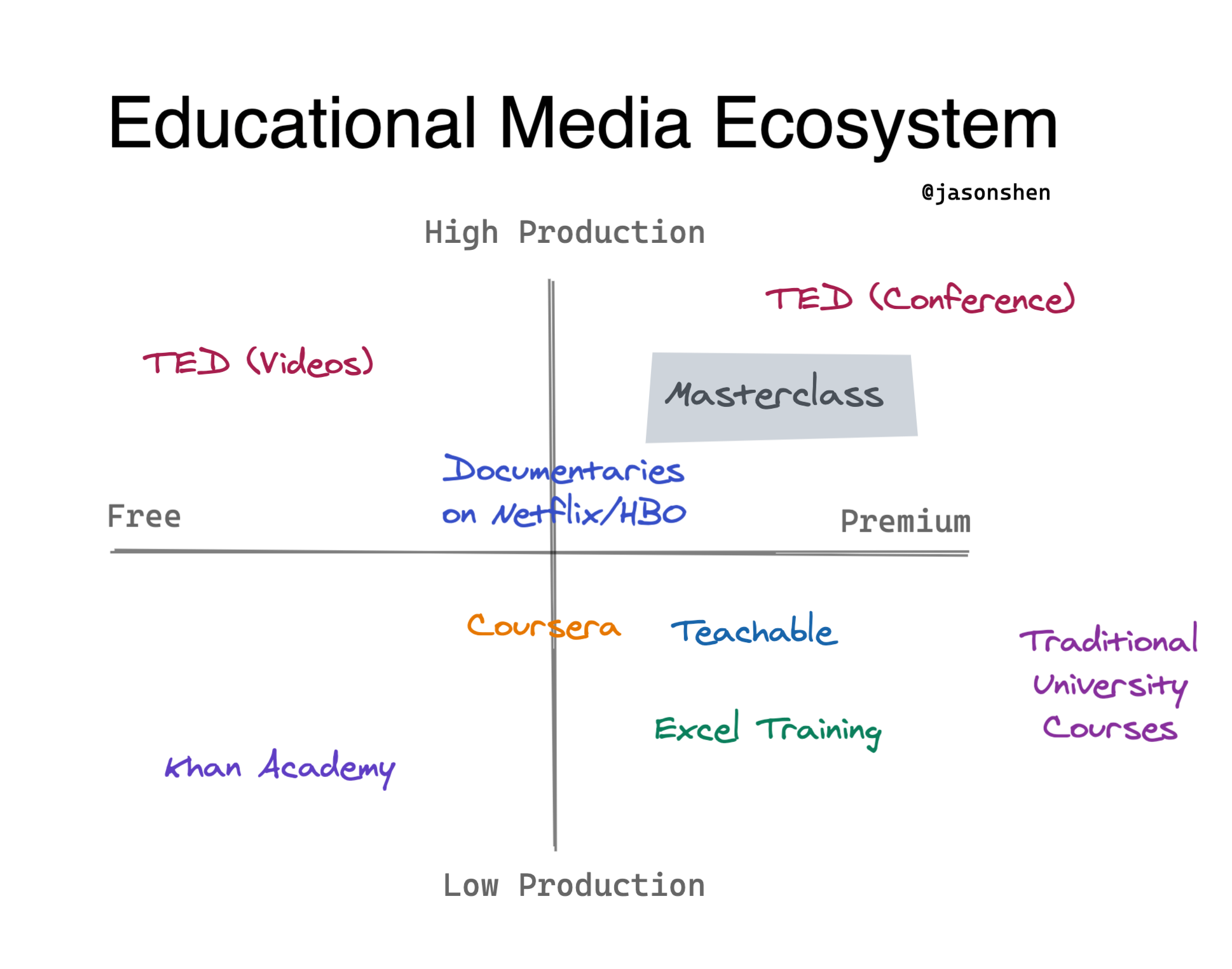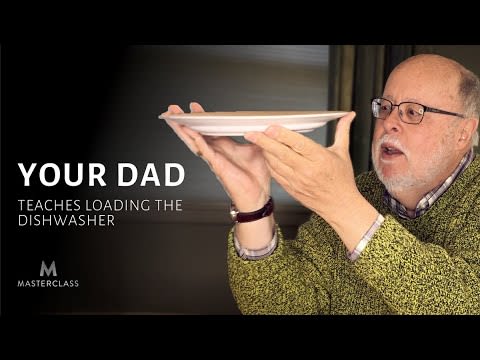Hey friends,
This is the 18th edition of Making Connections where we take a random (illustrated) walk down tech, fitness, product thinking, org design, nerd culture, persuasion, and behavior change.
New here? Just hit the button and get signed up
Let’s talk about Masterclass.
I split a subscription of this premium edutainment service ($180/yr —> $90 per person) with my friend Tony. Over the course of a few months, we watched through all of Malcom Gladwell’s course on writing nonfiction, which honed in on his ability to find and convey compelling real-world stories.
One thing I learned: Gladwell gauges the general interest of his latest story by testing hooks out at cocktail parties and seeing what people want to hear more about. Like a standup comedian doing small shows in preparation for their Netflix special.
Side note: You may have seen the parody site Masterwiki.how - which takes actual Masterclass content and reformats it in the wikihow goofy illustrated style. The team behind it (MSCHF) is infamous for their viral stunts and actually include a lesson from Gladwell’s course: using a hypothetical situation to help paint the personalities of 2 different people (one who might start a fight at a bar, another who might try to break it up)

I’ve also watched one on poetry by former Poet Laureate Billy Collins, the negotiation one by Chris Voss, and on my list are magic by Penn and Teller and the game design course by Will Wright (of SimCity fame).
In MC#011, we talked about Simone Biles’s Masterclass which is 1/3 Biles’s journey as an athlete, 1/3 introduction to gymnastics basics, and 1/3 Biles showing off just why she is the greatest gymnast of all time.

That edition of MC also makes reference to great blog post about Masterclass from Napkin Math. One of the points Adam makes is how great the ads are:
Each of their advertisements is entertaining in its own right. The opening line hooks you in and you can’t help but keep watching: “One of the great challenges of this world is knowing enough about a subject to think you’re right, but not enough about the subject to know you’re wrong,” proclaims deGrasse Tyson in his deep, crisp voice. The ads are well-written, well-produced, and a joy to watch.
But the best part is that while MasterClass is telling great stories, they are also roping you into a sales process. One of my favorite marketing frameworks is called “AIDA”. It assumes the buyer goes through a linear process of awareness (A), interest (I), desire (D), then action (A). If you look closely enough, the MasterClass ads follow this model pretty closely.
For instance, here’s one of the most viewed Masterclass videos on Youtube by Gordon Ramsey. Very colorful, visual, great audio (almost ASMR-y?) and full of one-liners “fucking delicious” and intimations of secret techniques
This energy doesn’t come by accident. In a recent NYTimes interview, one cofounder note that many people watch Masterclass trailers all they way through because their cadence:
“There really is a format to it,” said Mr. Rasmussen, “with a joke and a buildup, a sensitive moment that’s sometimes painful, then the contrast to the rising end of the trailer that brings us into, ‘I’m so-and-so, and this is my MasterClass.”
I mean the formula works so well, even this fake parody ad for loading the dishwasher is halfway compelling:
As far as anyone can tell, Masterclass is a great business. It has figured out how to produce high-product educational content and make a bunch of money doing so. Napkin Math estimates it might be doing $200M in revenue in 2020:
MasterClass doesn’t officially publish its revenue, but we can get a pretty close estimate. In 2018, Rogier mentioned that it would match Udacity’s $70 million in revenue (source). If that’s the case, it’s not hard to assume 2019 revenue was around $140 million — the business has been doubling each year for several years.
And if they kept increasing revenue at the same pace (perhaps with a bit of a “COVID premium” due to more people consuming content at home) then it wouldn’t be a stretch to guess that mid-2020 revenue might clear $200 million.
In many ways, it’s the spiritual successor to TED talks. TED uses a 2 part model: a very expensive elite conference they run (and increasingly series of semi-sponsored corporate conferences) and then give away the content for free.
Masterclass has no conference (though maybe they will someday and it’ll make millions more) but sells the premium subscription directly. I made a 2x2:

Masterclass occupying the nice “top-right” position jostling alongside TED which was pulling in about $76M in 2018, the last year I could get good data for. TED is technically a nonprofit so should have a 990 and there was some kind of name change / migration in 2019.
But you’ll notice an outlier in the bottom right. Traditional colleges, which are under siege like all hell right now with COVID-19, are low production value yet very expensive. And that’s a weird spot to be in.
And so it makes perfect sense to learn that one of the Masterclass cofounders has gone off to start a new company called, yep, Outliers, which brings that premium production value content to college-credit courses (Univ of Pittsburgh), starting with Psychology (with Calc, Stats,
Watch the trailer and tell me you don’t think it’s brilliant.
With instructors representing more racial and gender diversity than in a typical intro course, with backgrounds at UPenn, NYU, Cornell, Yale, Columbia and a price point that can’t be beat ($400 vs $2,400+), I am very interested to see where this goes.
But we can’t wrap this up with too much talk on disruption and markets etc. What about the human side of things? In a Long Reads essay I discovered on Hacker News, an American professor in Germany pairs a year of work and life with various Masterclass courses. The essay is a journey and here are some highlights:
On finding inspiration and self-confidence from filmmaker Warner Herzog:
My husband walks into the room at one point and watches a few minutes with me. “With Herzog you get the feeling that he absolutely does not censor himself,” he says quietly, “No self-doubt. He totally trusts his own judgement.” Mired as I am in endless discussions with my inner critic, I find something beautiful about Herzog’s assurance in the brilliance of his own work — even when it is, let’s be honest, kind of awful.
A deep belief in my writing would give me the freedom both to make a mess on the page and to edit it ruthlessly. Herzog seems to be speaking directly to me when he says that “there’s something much bigger than your own quest for perfection: your own quest for inner truth.”
On relating to the drag queen RuPaul’s inner demons and childhood pain:
By this point, I have realized that there are two kinds of teachers. Some focus on transmitting their skills. They seem to be saying to the student: “this is how to do what I do.” Others offer themselves as models to be imitated: “this is how I became who I am.” Many MasterClass instructors pretend they are selling the former while in fact delivering the latter.
RuPaul doesn’t even pretend. Dressed in a carmine suit and seated against a black-and-neon set reminiscent of Studio 54, RuPaul talks about some of the most basic challenges of growing up in the world. He describes the course of his career, the role artistic inspirations played in his life, the challenges of addiction, criticism, and just plain being ignored. I take no notes — I physically can’t. But I am moved by RuPaul’s vulnerability, a refreshing change of pace after the unrelenting cockiness of the other teachers. Instead of presenting himself as magnificent from the get-go, brave and destined for greatness, he comes across as a human being who had been broken but helped along his way by kind mentors, friends, and a lot of therapy.
How a class on gardening gives her a metaphor for her work, even if it’s not realized all the time:
As I observe our seedlings take root and flourish, it dawns on me how little power I have over their growth. I can provide them with a fertile space to be. I nurture, prune, and guide them as necessary. I can destroy them through neglect or poor decisions. But I do not make them what they are. In my happiest moments of creation, I have experienced this sensation of standing by as a mysterious energy unfolded itself according to a plan all its own. It is what being pregnant felt like. It is also how some essays have come to me, in full bud and pressing to be written down.
More often than not, though, making things in the world feels like slamming dead clay on the ground, hoping that enough force might shape it into something beautiful.
It’s a great essay worth the full read, and she actually waded into HN and talked to the community because the comments were so thoughtful and I love that.
Well what about you friend? Do you have a Masterclass subscription? Do you enjoy it? Are you thinking about getting one? Do you find the idea of it pretentious and lame?
Let me know what you think and if you live in the US, enjoy your three-day weekend.
Jason

